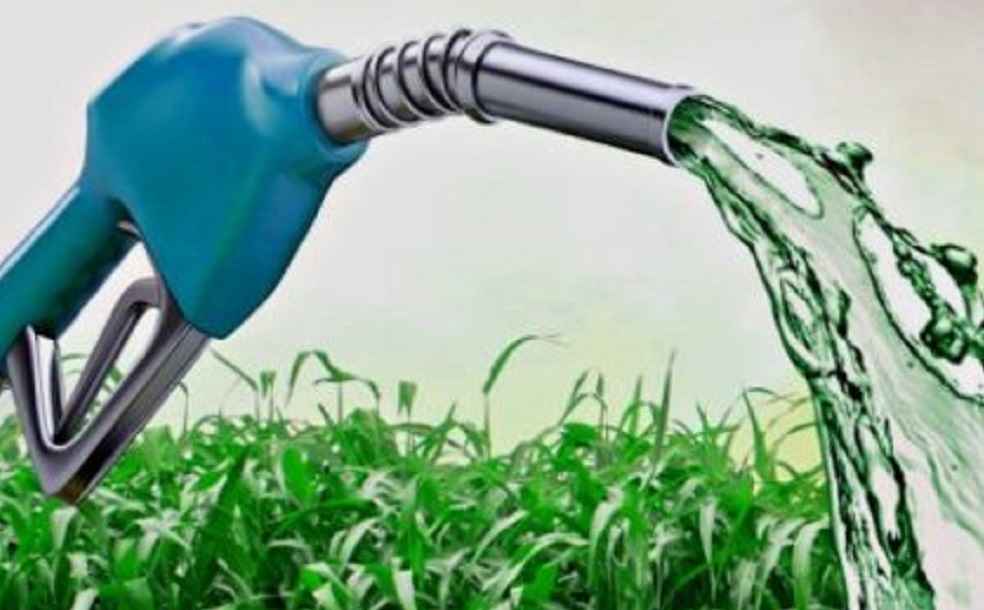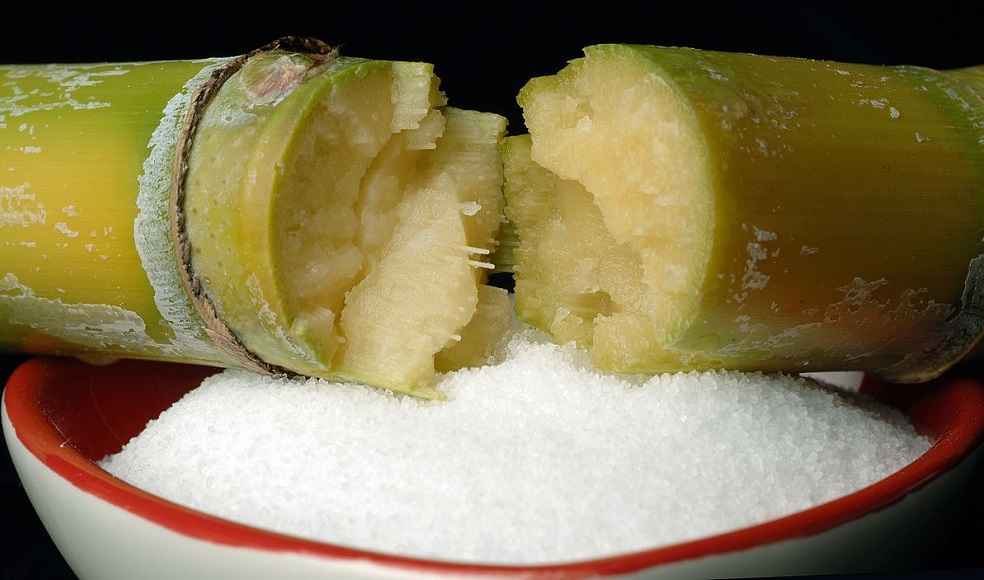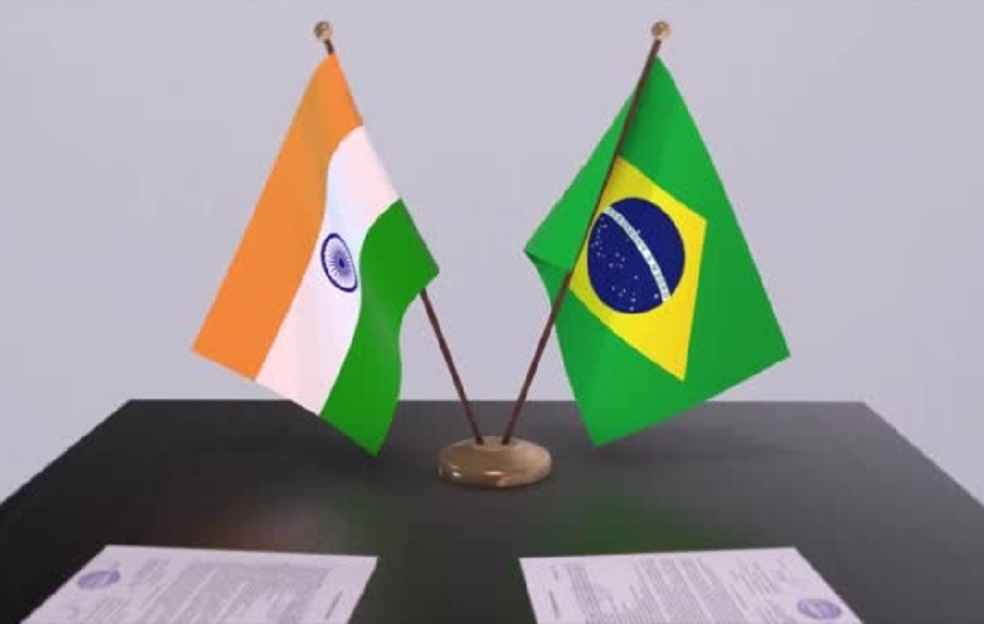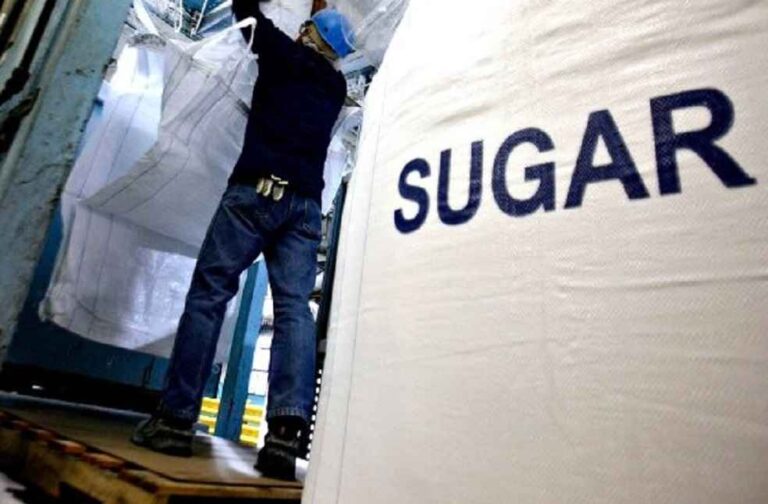India and Brazil, two of the world’s largest sugar producers, have commenced negotiations to resolve a longstanding World Trade Organisation (WTO) sugar dispute, involving the potential sharing of Brazil’s advanced ethanol production technology with India.
Brazil, the global leader in sugarcane and ethanol production, indicated its willingness to share ethanol production technology. This is a significant development as ethanol, derived from sugarcane, broken rice, and other agricultural produce, is mixed with oil to power vehicles. This helps reduce dependence on overseas oil shipments and cut carbon emissions. India, currently relying on imports for 85% of its oil needs, aims to achieve 20% ethanol-blended petrol by 2025.
The discussions are part of a broader effort to resolve the dispute through a mutually agreed solution (MAS) at the Geneva-based WTO. In 2019, Brazil, Australia, and Guatemala accused India of providing sugar subsidies to farmers inconsistent with global trade rules. A WTO dispute settlement panel ruled in December 2021 that India’s support measures for the sugar sector contradicted global trade norms.

India appealed against the ruling in January 2022, although the appellate body is currently non-functional due to disagreements among countries on the appointment of body members.
The complainant countries argued that India’s support measures for sugarcane producers surpassed the de minimis level of 10% of the total value of sugarcane production, conflicting with the WTO’s Agreement on Agriculture. They also raised concerns about India’s alleged export subsidies, production assistance and buffer stock schemes, and marketing and transportation schemes.
Trade between India and Brazil increased to $16.6 billion in 2022-23, up from $12.2 billion in 2021-22, with the trade surplus favoring India. During the 2021-22 sugar marketing year (October-September), India exported 110 lakh tonnes of sugar, becoming the world’s second-largest sugar exporter and earning about Rs 40,000 crore in foreign exchange.

For the 2022-23 marketing year ending this month, the Indian government permitted the export of 61 lakh tonnes of sugar. The government has not yet decided on exports for the 2023-24 marketing year, starting next month. As the 2022-23 sugar season concludes, India has already surpassed sugar production of 330 lakh tonnes, excluding the diversion of about 43 lakh tonnes for ethanol production.
India’s ethanol blending with petrol increased to 10% in the 2021-22 marketing year, up from 1.53% in 2013-14. To reach the 20% target by 2025, approximately 1,016 crore liters of ethanol will be needed, with 334 crore liters required for other uses.

The current talks between India and Brazil represent a positive step towards settling the sugar trade dispute and promoting collaboration in ethanol production technology. This collaboration will benefit both countries and contribute to global efforts to reduce carbon emissions.
IMEX SECTOR | India to Ban Sugar Exports Due to Weak Monsoons Forecast



